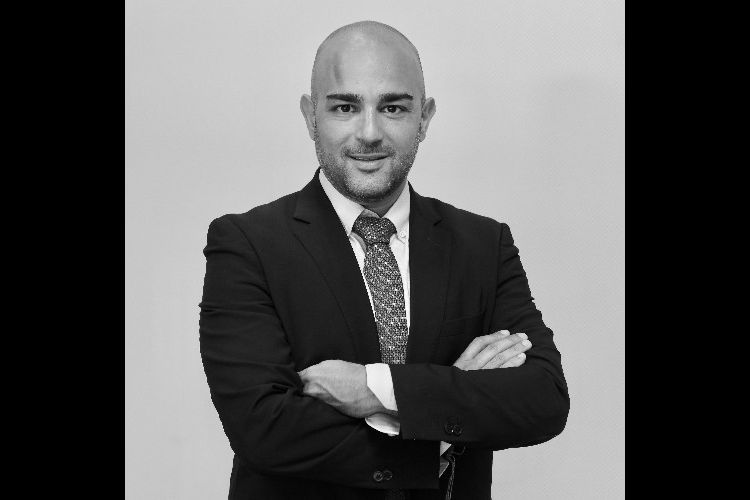GENERAL NEWS / 02-02-2023

Q. Is it compatible to face these challenges with a commitment to innovation and to sustainable steel production and transformation?
A. At Grupo Arania we are pioneers in the transition toward steel green and in favour of sustainability. For some time we have been strongly committed to this and we were even one of the first companies in the Basque Country to use renewable energy. Currently, under the Fitfor 55 plan we're busy aiming to reduce CO2 emissions by 55% by the year 2030. Steelworks are one of the most polluting industrial sectors, and the ultimate objective is to reach zero emissions in 2050, something that today seems a utopia. Without a doubt, big challenges lie ahead.
“25% of the steel processed by Grupo Arania will be ecological by the end of 2025”
Q. Why? What are these challenges?
A. Currently 75% of steelworks worldwide are blast furnaces and the rest use electric furnaces, which are three to four times less polluting. To manufacture 1 Tn of steel in a blast furnace, more than 2 Tn of CO2 is released into the atmosphere. The transformation of the metalworking sector imposed by international agreements on emissions, such as the aforementioned Fitfor 55, means that the iron and steel industry is facing the biggest investment in its history. This will force them to change how steel is produced in a very complex process, in which each steelworks will have to develop its own project. Until 2026 there will be practically no green steel and, from then on, it will be very limited.
v “The transformation that the metalworking sector has to undergo is, without doubt, the biggest investment that will be required throughout the whole history of the metalworking sector”
Q. Is it feasible to undertake this transformation in the current situation of international uncertainty?
A. The sensation we have is that this process is in its very early stages and that the steel crisis we mentioned, the price increases of gas and energy, etc., are delaying it getting started. In our environment there are electrical factories that could be pioneers in the research and production of green steel but, nevertheless, they have been shut down due to the high price of electric energy. Although the majority of the Group's customers have not ordered green steel from us, we have begun to do tests with a variety of coils. We are receiving more and more queries from customers, and interest in it is growing exponentially. We have a roadmap that includes reducing our carbon footprint as we receive orders for green steel. In fact, we have signed several MoU (Memorandum of Understanding) agreements with leading steelworks, and another agreement with a German steelworks to supply us with 20,000 tonnes of green steel between late 2025 and early 2026, which will entail around 25% of Arania's total volume. This collective agreement also includes seven other leading companies in their respective sectors, including BMW, Volkswagen Group, Bosch and Miele.